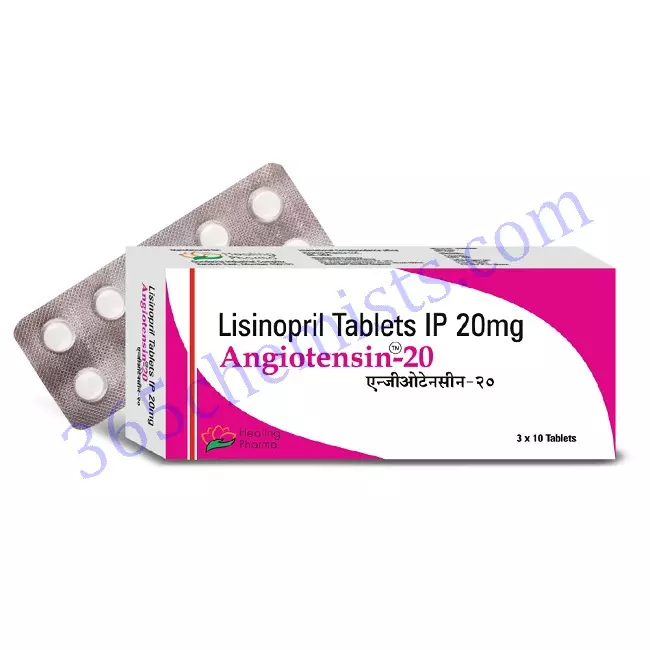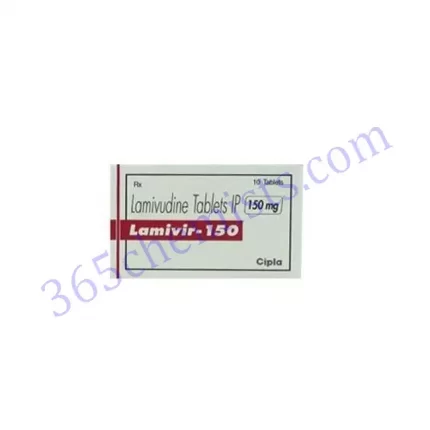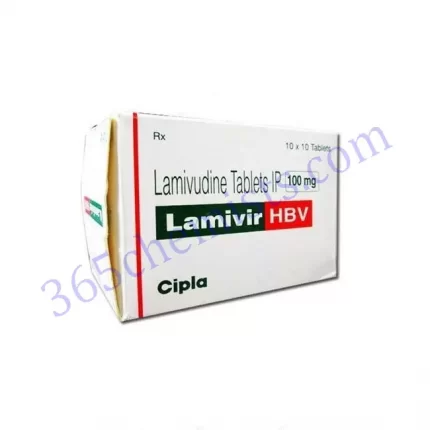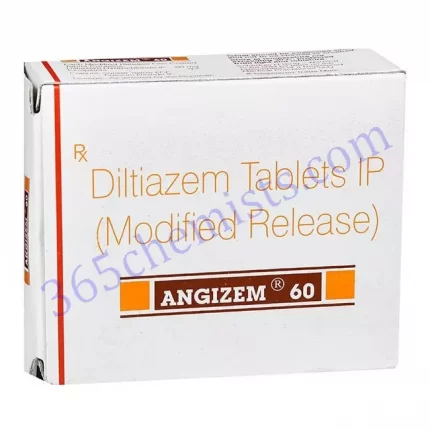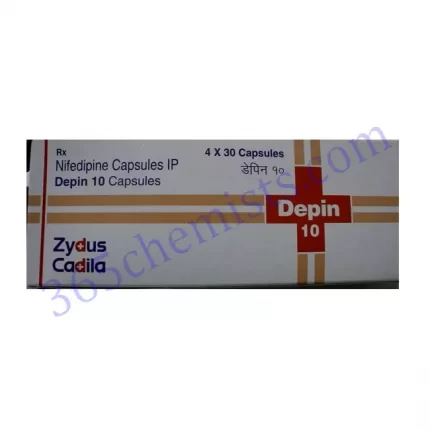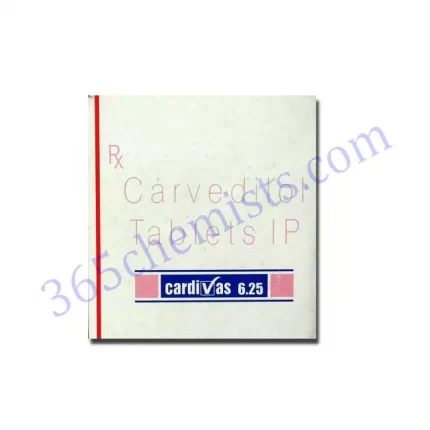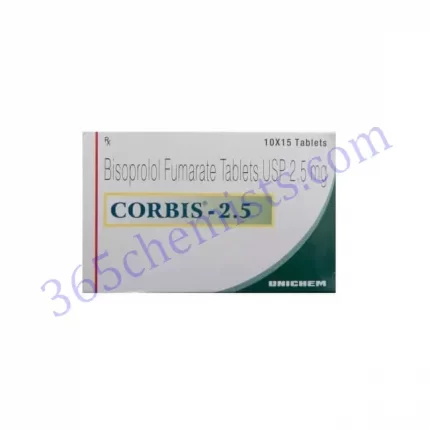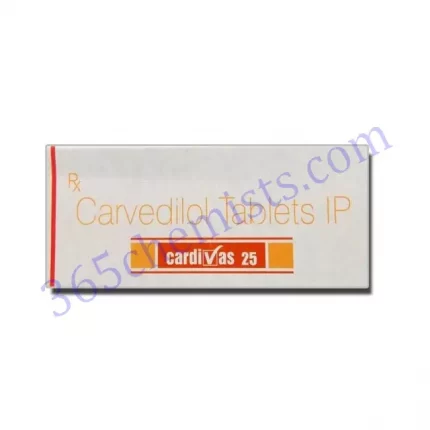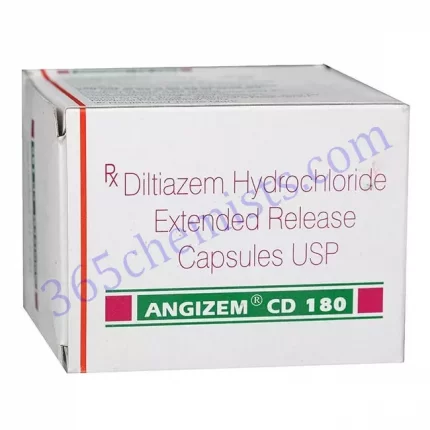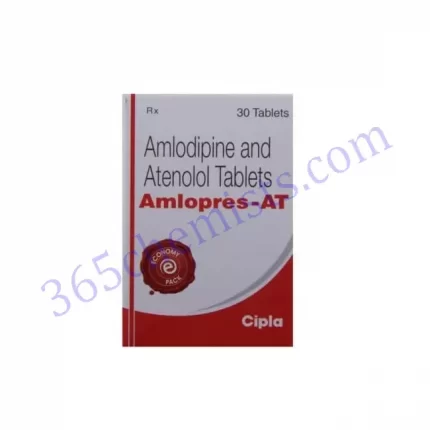Angiotensin-20 Tablets (Lisinopril 20mg): A Comprehensive Description
Lisinopril is the active component in the product that is known as Angiotensin-20 Tablets. This medication is an angiotensin-converting enzyme (ACE) inhibitor, which is a class of pharmaceuticals used to treat high blood pressure. The primary application for this medicine is in the therapy of hypertension, which is also known as high blood pressure. Within the scope of this in-depth analysis, we will discuss the make-up of Angiotensin-20 Tablets, as well as its mode of action, therapeutic applications, recommended dosage, potential adverse effects, and safety precautions.
Composition and Mechanism of Action
Lisinopril is the primary active component that may be found in Angiotensin-20 Tablets. An ACE inhibitor, such as lisinopril, is a medication that lowers blood pressure by inhibiting the activity of an enzyme known as angiotensin-converting enzyme. Lisinopril works by blocking the activity of an enzyme that is necessary for the conversion of angiotensin I to angiotensin II. Because it is such a powerful vasoconstrictor, or a substance that constricts blood vessels, angiotensin II can cause a rise in blood pressure. Lisinopril works to relax and widen blood vessels by preventing its development. This results in a reduction in blood pressure as well as an increase in blood flow.
Therapeutic Uses
Tablets of Angiotensin-20 are typically prescribed for the management of hypertension as its primary indication. This medication helps reduce the risk of cardiovascular complications associated with uncontrolled hypertension, including as heart attack, stroke, and kidney issues, by successfully decreasing blood pressure. These complications include: heart attack, stroke, and kidney problems. In addition to its usage in the treatment of heart failure, lisinopril may also be prescribed to improve a patient’s chances of surviving after a heart attack.
Dosage and Administration
A healthcare expert should establish the appropriate dosage of Angiotensin-20 Tablets for an individual patient based on the patient’s condition and how well they respond to treatment. It is essential to ensure that the dosage and administration instructions provided by the doctor are strictly adhered to at all times. The tablet should be swallowed whole, either with or without meals, and ideally should be taken at the same time every day. Take the tablet as directed, along with a full glass of water. Even if you are feeling OK, it is imperative that you keep taking the Angiotensin-20 Tablets as directed by your doctor. High blood pressure frequently does not exhibit any symptoms.
Possible Side Effects
Angiotensin-20 Tablets, like any other medicine, have the potential to produce adverse effects in some people. Dizziness, weariness, headache, dry cough, and gastrointestinal problems such as nausea, diarrhoea, or abdominal discomfort are examples of the more common adverse effects that may be brought on by the medication. These unwanted effects are typically not severe and only last for a short period of time before disappearing on their own as the body adjusts to the medicine. Nevertheless, it is imperative that you seek medical assistance if any of these unwanted effects continue or become even worse. In extremely rare instances, patients may experience more serious adverse effects, including allergic reactions, angioedema (swelling of the face, lips, tongue, or neck), or issues with their liver. In the event that any of these potentially life-threatening adverse effects manifest, prompt medical assistance is essential.
Precautions and Warnings
It is crucial to inform the healthcare practitioner about any preexisting medical conditions, allergies, or any medications that you are currently taking prior to beginning treatment with Angiotensin-20 Tablets. This information is helpful in ensuring that the medication is used in a way that is both safe and effective. Patients who have had a previous episode of angioedema, liver disease, kidney disease, cardiac issues, or diabetes should be treated with extreme caution. There is a possibility of drug interactions when taking Angiotensin-20 Tablets together with other medications such as diuretics, potassium supplements, non-steroidal anti-inflammatory drugs (NSAIDs), and certain anti-diabetic treatments. As a result, it is essential to make the healthcare practitioner aware of any and all medications that are currently being taken.
Safety and Precautions
To ensure that the usage of Angiotensin-20 Tablets is both effective and safe, it is imperative that specific safety precautions be adhered to at all times. The following are some essential considerations to keep in mind:
- In the event that you have any known sensitivities to Lisinopril or any other medications, it is imperative that you communicate this information to your healthcare professional. This information is essential in lowering the risk of any allergic responses that may occur.
- diseases Relating to Your Health It is important that you discuss all aspects of your health, including any history of kidney illness, liver disease, cardiac diseases, diabetes, or electrolyte imbalances. Because of these problems, it is possible that the Angiotensin-20 Tablets are not appropriate for your use.
- Pregnancy and Breastfeeding: If you are pregnant, have plans to become pregnant, or are breastfeeding, you should have a conversation with your doctor about the potential risks and advantages of using Angiotensin-20 Tablets. They will decide whether or not the drug is suitable for your condition before giving it to you.
- Interactions with Other Medications There is the potential for some medications, such as diuretics, potassium supplements, non-steroidal anti-inflammatory drugs (NSAIDs), and certain antidiabetic medications, to cause an adverse reaction when taken together with Angiotensin-20 Tablets. Talk to your primary care physician about all of the medicines you are currently taking so that you can avoid any negative drug interactions.
- Follow-up consultations It is important to attend follow-up consultations with your healthcare provider in order to assess how well the medicine is working for you and to make any required adjustments to your treatment plan. In addition, it is important to regularly monitor your blood pressure.
- Dizziness and Tiredness: Angiotensin-20 Tablets have been known to produce dizziness and tiredness in certain patients. Until you are aware of how the drug affects you, it is best to refrain from engaging in activities such as driving or operating machinery that need attentiveness.
- Intake of Sodium and Potassium It is essential to consume a diet that is well-balanced and to adhere to any particular dietary advice that have been provided by your healthcare professional. Reduce the amount of salt you consume and stay away from taking large amounts of potassium supplements unless your doctor tells you otherwise.
Conclusion
Lisinopril, which is found in Angiotensin-20 Tablets, is the active component that makes them a good treatment option for hypertension and other disorders that are associated to it. Lisinopril helps relax blood vessels by reducing the function of angiotensin-converting enzyme, which in turn lowers blood pressure and reduces the risk of cardiovascular problems. However, it is essential to take the medication exactly as directed, to report any adverse effects in a timely manner, and to stick to the safety measures that have been outlined.
Angiotensin-20 Tablets should only be used under the direction of a qualified medical expert who can provide you with individualised advice and direction. They will be able to make precise recommendations for you based on your individual requirements and health background. Tablets of Angiotensin-20 can be a useful tool in the management of hypertension and the promotion of cardiovascular health if they are used correctly, closely monitored, and examined on a routine basis.

